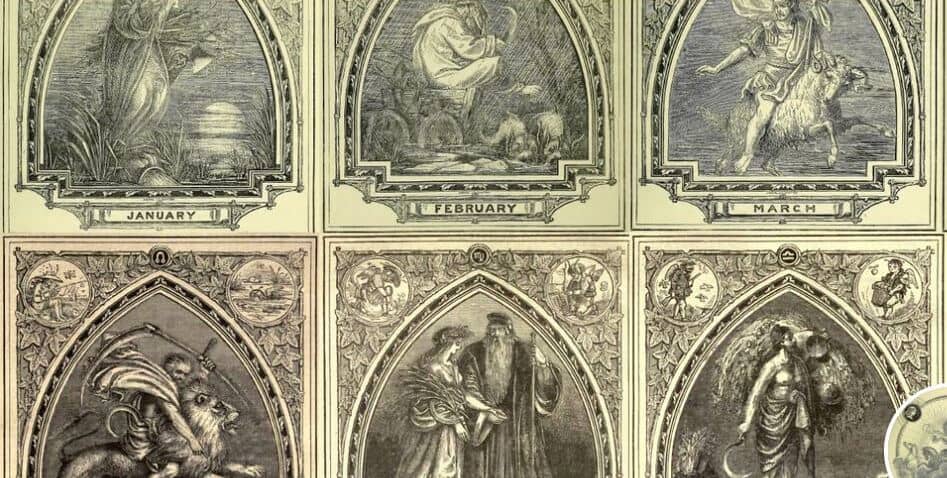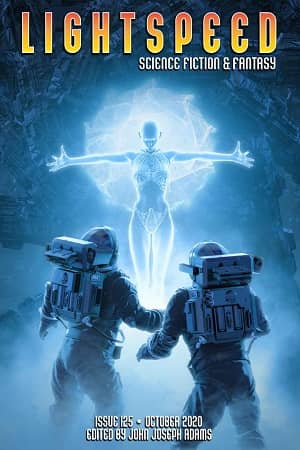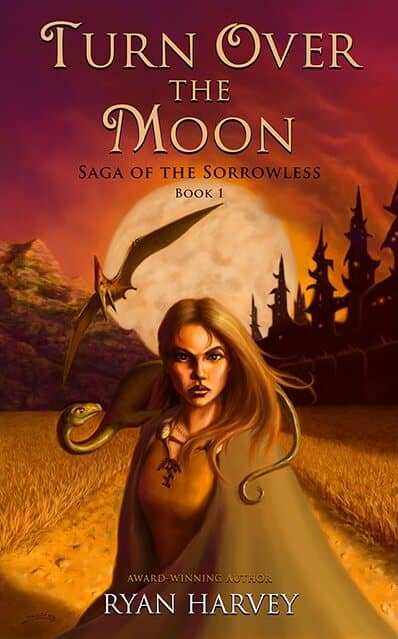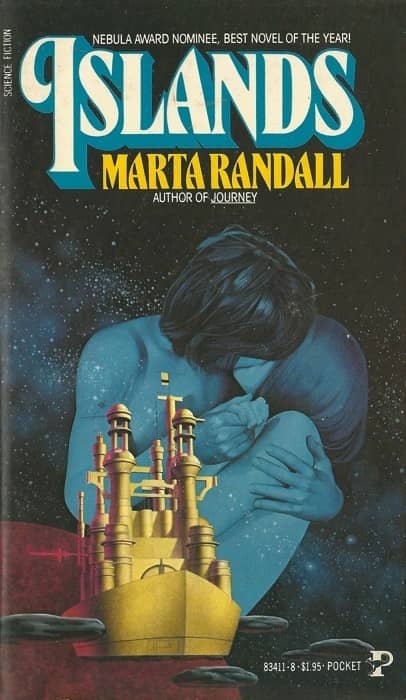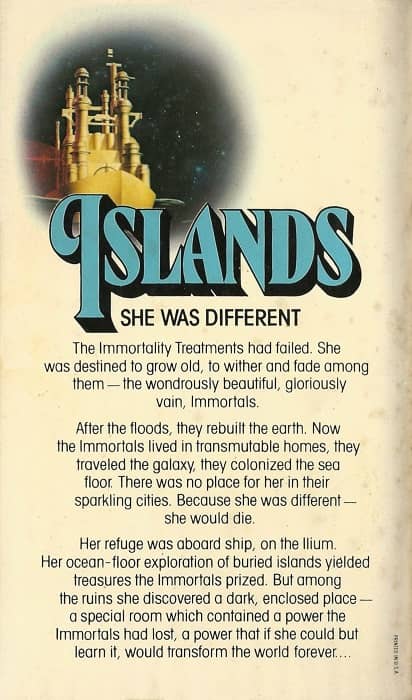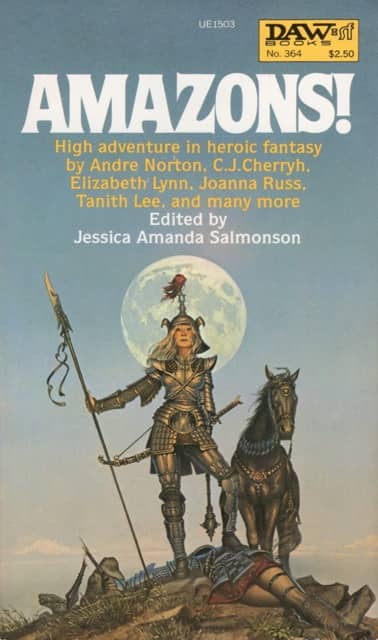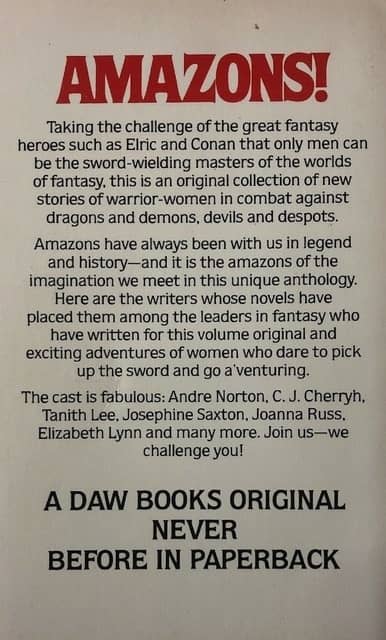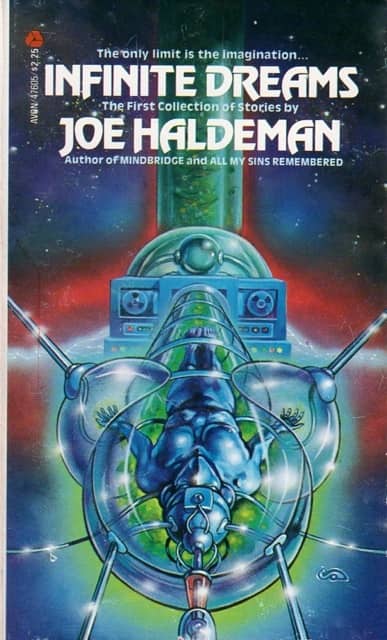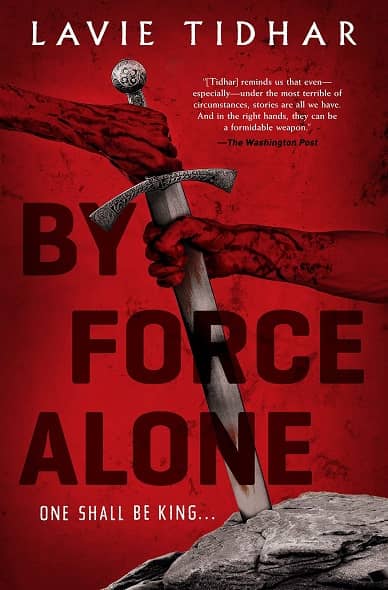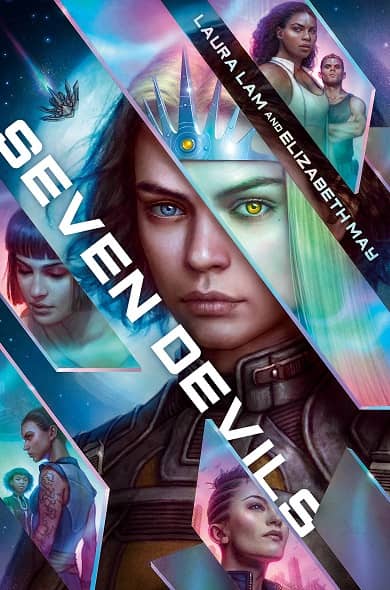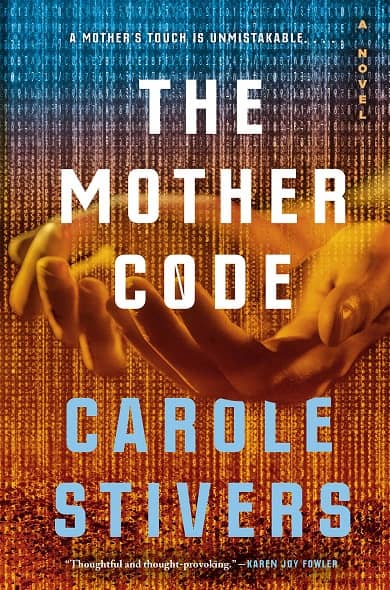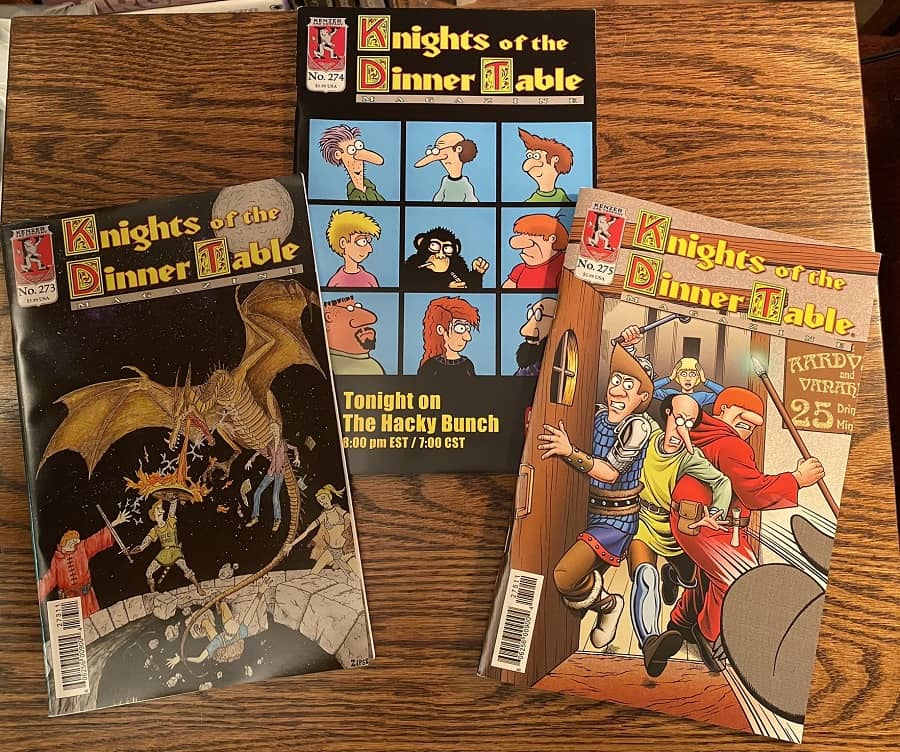Rebuild Civilization on a Savage and Alien Earth in Midnight Legion from Studio 9
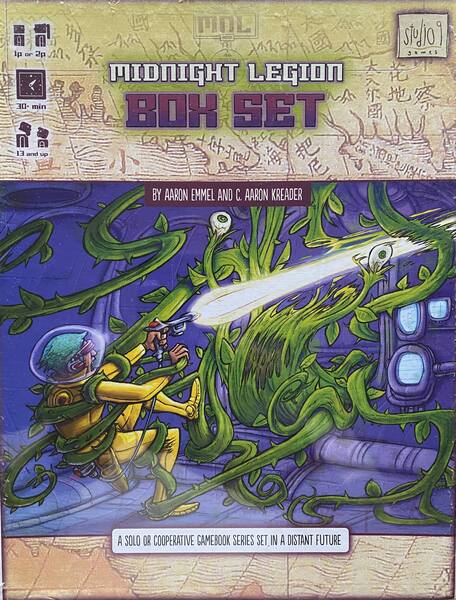 |
 |
Midnight Legion box set from Studio 9 (2016). Art by C. Aaron Kreader.
It’s been a busy year, between changing jobs in April, managing a fledging writing career as Todd McAulty, running Black Gate, and coping with a pandemic. I don’t get to read as much as I used to, and I definitely don’t get to game as much. I especially regret not having the chance to dig into some of the new generation of solo RPGs, like Four Against Darkness and Into the Dungeon.
But I did spend a few shekels to try Midnight Legion, a very promising post apocalyptic solo gamebook series with a strong Metamorphosis Alpha vibe. Created by writer Aaron J. Emmel and artist C. Aaron Kreader and published by Evanston, Illinois-based Studio 9, Midnight Legion is a three-book series featuring an amnesiac android who awakens on a vastly changed Earth peopled with strange creatures and deadly mutant plants, and must piece together the clues to his original mission. You get everything you need to start in the intro Midnight Legion box set, published in 2016 with this description on the back:
You are an elite, android agent of an ancient, clandestine group who is forced awake after hundreds of years of stasis. Your memory is gone, and you can’t recall your purpose. You will need to solve puzzles and choose whether to use combat, stealth, or sixth sense and diplomacy to unlock your mission and the secrets of the world you knew.
The Midnight Legion is an interactive story where player(s) choose how to respond to what happens next. Created for solo play, with a 2-player option, this three book game series promises hours of gaming. Starting with Book 1: Operation Deep Sleep, everything you need to begin is contained in this boxed set.
The second gamebook, The World Reborn followed in 2017, and the final volume Portal of Life in 2019. Together they form an ambitious and compelling science fiction adventure that I’m anxious to dig into.
